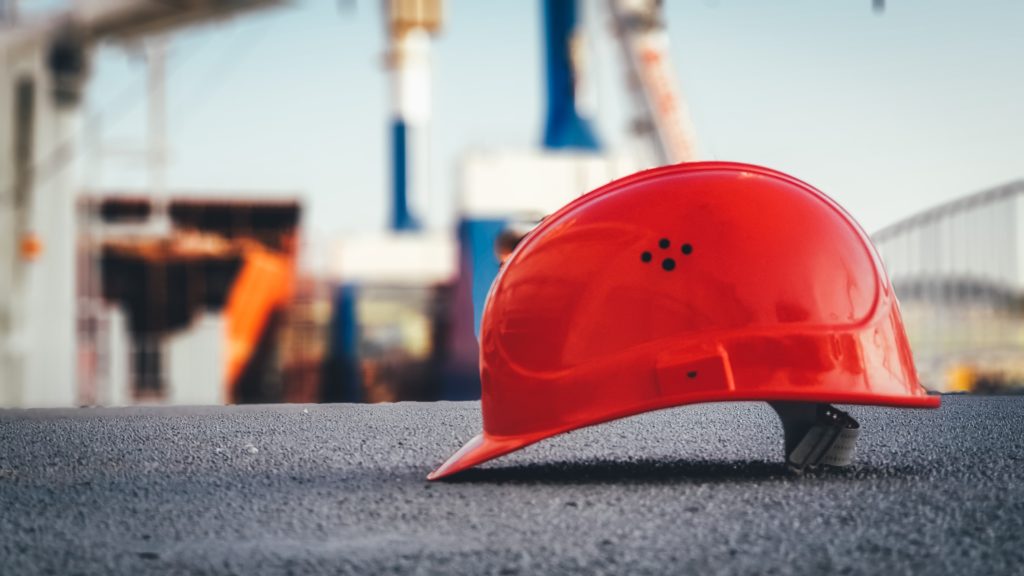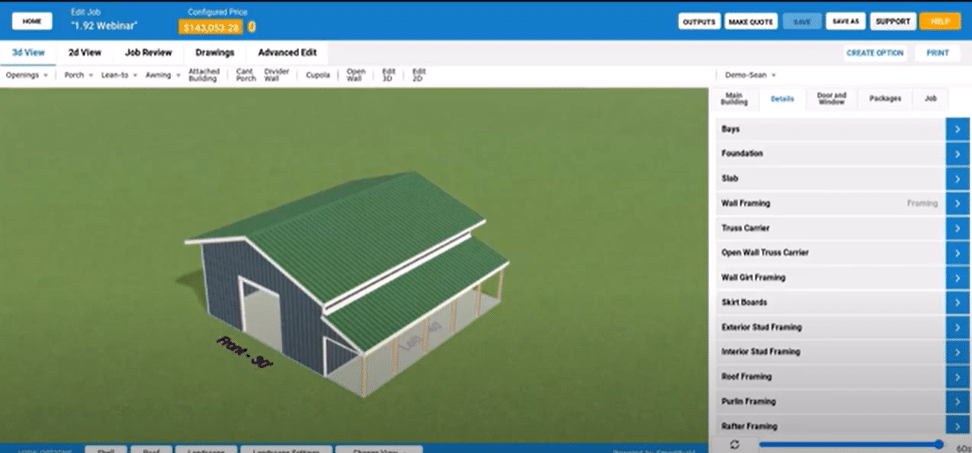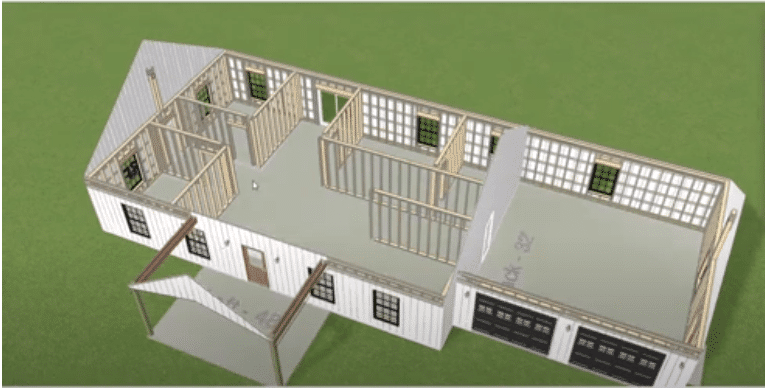When it comes to getting paid, those working in construction wait longer than any other industry. According to a 2019 study, contractor compensation is delayed an average of 83 days making cash a constant struggle. Coupling these inherent earnings challenges with the impact of the COVID-19 pandemic – supply chain interruptions, worker quarantines, reduced housing spend, legal disputes – will prove disastrous for many companies. Here are three ways construction contractors can survive the coronavirus crisis.
Safety First
A company’s greatest asset is its employees, so focusing on the health and safety of your workers should take top priority. Almost every state considers construction an essential service and has issued orders for continuing work. Following these regulations is a great first step towards protecting your crew. Additionally, OSHA has released guidelines for COVID-19 workplace preparations, many of which can be applied to your job sites:
- Encourage sick employees to stay home
- Adopt flexible and consistent sick leave policies in accordance with public health guidance
- Ensure that companies providing temporary employees keep them home when sick, (without consequences)
- Suspend the requirement of a doctor’s note for sick employees to prove they were ill (as these may not be given in a timely manner)
Communicating the importance of preventing infection while offering your workers flexible employment protection, is one of the best ways to protect your interests during these challenging times.
Review Contract Terms
Force majeure is a clause in a contract that refers to excusable delays, unforeseen circumstances, and conditions outside of one’s control. Most construction contracts include such provisions, so it’s important to review the terms thoroughly for your protection regarding:
- Worker shortages
- Material delays
- Government-mandated shutdowns
- Price spikes for supplies
All of which may occur as a result of the coronavirus, affecting a contractor’s ability to fulfill obligations. This clause may also grant you the right to recover additional compensation for costs as well as necessary time extensions.
Because so much is still unknown about the COVID-19 timeline and response, it’s important to understand any provisions relating to your right to suspend or terminate the project, along with your obligations to the owner should this become necessary. Most likely, the owner will also have entitlements regarding termination so it’s imperative you know your rights regarding payment for work already completed.
Document Everything
Even without the coronavirus, contractors should have documentation procedures in place for all contracts. Familiarize yourself with the notice provisions required by your contracts. Chances are, there are terms stating how much notice is required for project delays as well as additional costs for which you’re expecting to be paid. Failure to properly give notice could prevent you from ever recovering these costs, so be as detailed as possible by including:
- Daily reports
- Daily logs
- Timesheets
- Meeting notes
- Scheduled updates
When giving notice, be sure to follow the detailed requirements including to whom notice must be given, what to include in the notice, and how the notice must be delivered. Clear compliance is your best chance at protecting your interests during the coronavirus crisis, and beyond.






